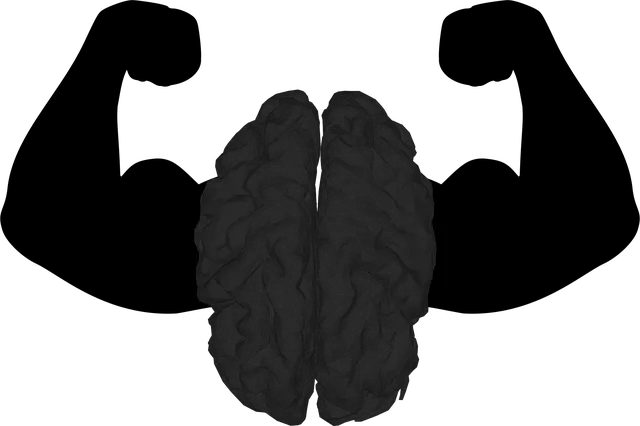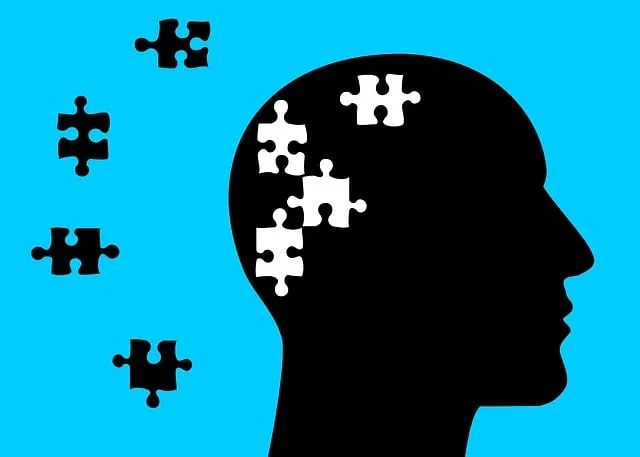Golden Kaiser Permanente's mental health providers utilize the RFM (Risk, Resilience, Motivation) framework to empower individuals with resilience-building tools. Through comprehensive risk assessments and tailored support, they help clients manage workplace stressors and enhance self-care practices. The providers' expertise in diverse therapeutic methods offers depression prevention and stress management techniques through organized programs and workshops focused on emotional intelligence. Personalized resilience exercises, combined with open communication and collaborative problem-solving, transform individuals' lives. By creating safe spaces and peer support networks, they prevent burnout and promote emotional well-being, improving patient care and job satisfaction.
Resilience is a key component of well-being, especially in today’s fast-paced world. The RFM (Resilience, Flexibility, and Mastery) framework offers a structured approach to building resilience. This article explores how Golden Kaiser Permanente mental health providers utilize RFM to empower individuals. We’ll delve into the benefits of this method, providing insights on designing effective resilience-building exercises. Learn about the golden rules for implementing RFM in practice, ensuring a holistic and successful journey towards enhanced resilience.
- Understanding RFM: A Framework for Resilience
- The Role of Kaiser Permanente Mental Health Providers
- Designing Effective Resilience Building Exercises
- Golden Rules for Implementing RFM in Practice
Understanding RFM: A Framework for Resilience

Resilience is a key aspect of mental wellness, enabling individuals to navigate life’s challenges and maintain a sense of stability. The RFM (Risk, Resilience, and Motivation) framework offers a structured approach to understanding and fostering resilience, especially among mental health professionals who often face high-stress environments at Kaiser Permanente. This model helps identify individual strengths and areas for improvement by assessing risk factors and planning effective management strategies.
By incorporating the RFM framework, Golden’s Mental Wellness Podcast Series Production can enhance its content, providing practical tools for listeners to build resilience. A comprehensive Risk Assessment for Mental Health Professionals is crucial in identifying potential stressors and triggers within work environments, allowing for proactive Risk Management Planning. This process empowers mental health providers to prioritize self-care, adapt to demanding situations, and ultimately offer enhanced care to their clients.
The Role of Kaiser Permanente Mental Health Providers

The Golden Kaiser Permanente mental health providers play a pivotal role in fostering resilience and well-being within their community. These professionals are equipped with expertise in various therapeutic approaches, enabling them to offer tailored support to individuals facing emotional challenges. By providing accessible services, they ensure that depression prevention strategies and stress management techniques are readily available to those in need.
Through organized programs and workshops, Kaiser Permanente focuses on building emotional intelligence, a key component in navigating life’s stressors. These initiatives empower individuals with the tools to manage their mental health proactively, fostering resilience as an essential defense against adversity. Their dedicated approach ensures that the community has access to comprehensive resources for overall well-being.
Designing Effective Resilience Building Exercises

Designing effective resilience building exercises involves a thoughtful blend of physical and mental challenges tailored to participants’ needs. At Kaiser Permanente, mental health providers often incorporate a variety of techniques to foster inner strength development and self-esteem improvement. These sessions aim to equip folks with tools to navigate life’s labyrinths, enhancing their ability to cope with stress and adversity.
The exercises should promote active engagement and encourage participants to push beyond their comfort zones while focusing on the present moment. Communication strategies play a vital role here, fostering open dialogue and collaborative problem-solving. By combining these elements, resilience building exercises can become transformative experiences, helping individuals uncover hidden strengths and cultivate a more positive outlook—a true game changer in personal growth journeys.
Golden Rules for Implementing RFM in Practice

Implementing RFM (Resilience, Flexibility, and Mastery) in practice involves adhering to certain golden rules that ensure its effectiveness. First and foremost, resilience building exercises should be tailored to individual needs, recognizing that each person’s journey towards emotional well-being is unique. This personalization ensures that the exercises resonate with participants, fostering a deeper sense of engagement and commitment to self-care practices.
Golden Kaiser Permanente mental health providers emphasize the importance of creating a safe and supportive environment where healthcare professionals can openly discuss their experiences and challenges without fear of judgment. Incorporating regular debriefing sessions and peer support networks enables burnout prevention strategies for healthcare providers, allowing them to process difficult emotions and gain new perspectives on managing stress. By integrating these practices into daily routines, mental health providers can enhance their emotional well-being promotion techniques, ultimately improving patient care and job satisfaction.
Resilience is a vital asset in navigating life’s challenges, and the RFM framework, coupled with the expertise of Golden Kaiser Permanente mental health providers, offers a powerful approach to building this strength. By designing tailored exercises that address individual needs and following the golden rules for implementation, we can empower individuals to foster resilience and thrive. This holistic strategy ensures that everyone has access to the tools necessary to bounce back from adversity, ultimately enhancing their overall well-being.






